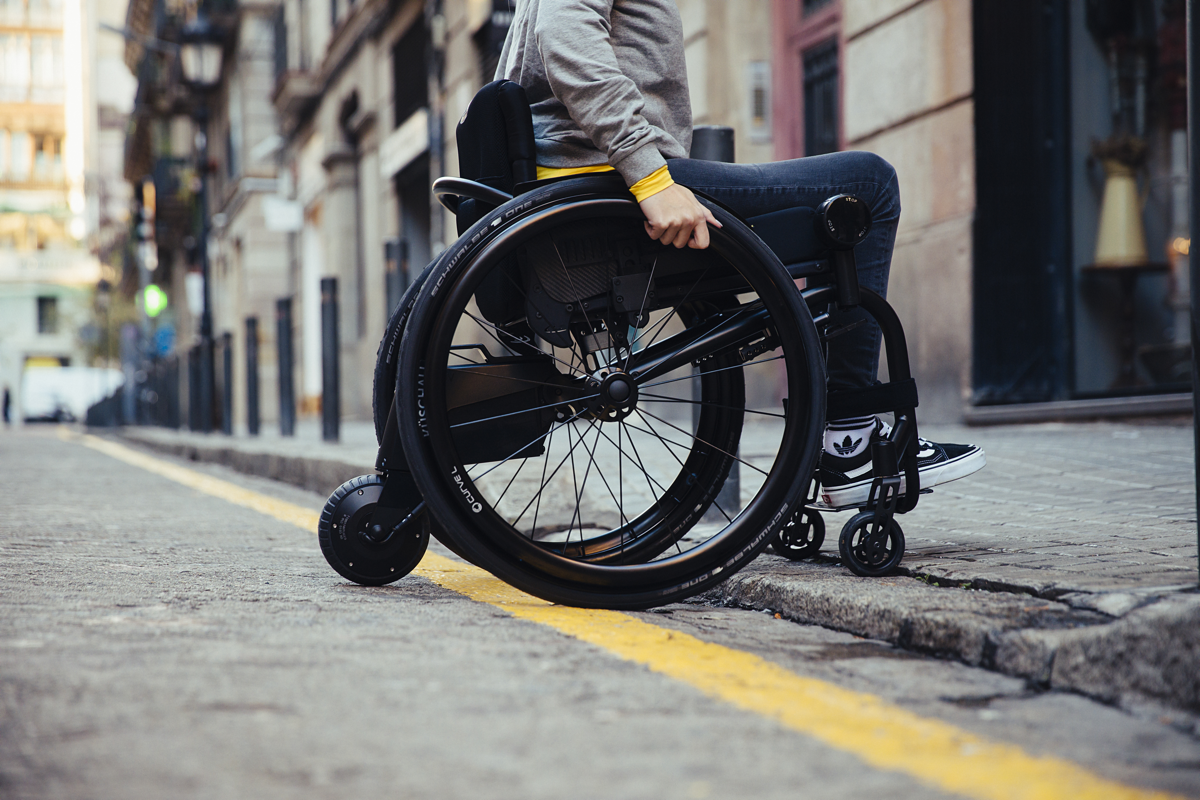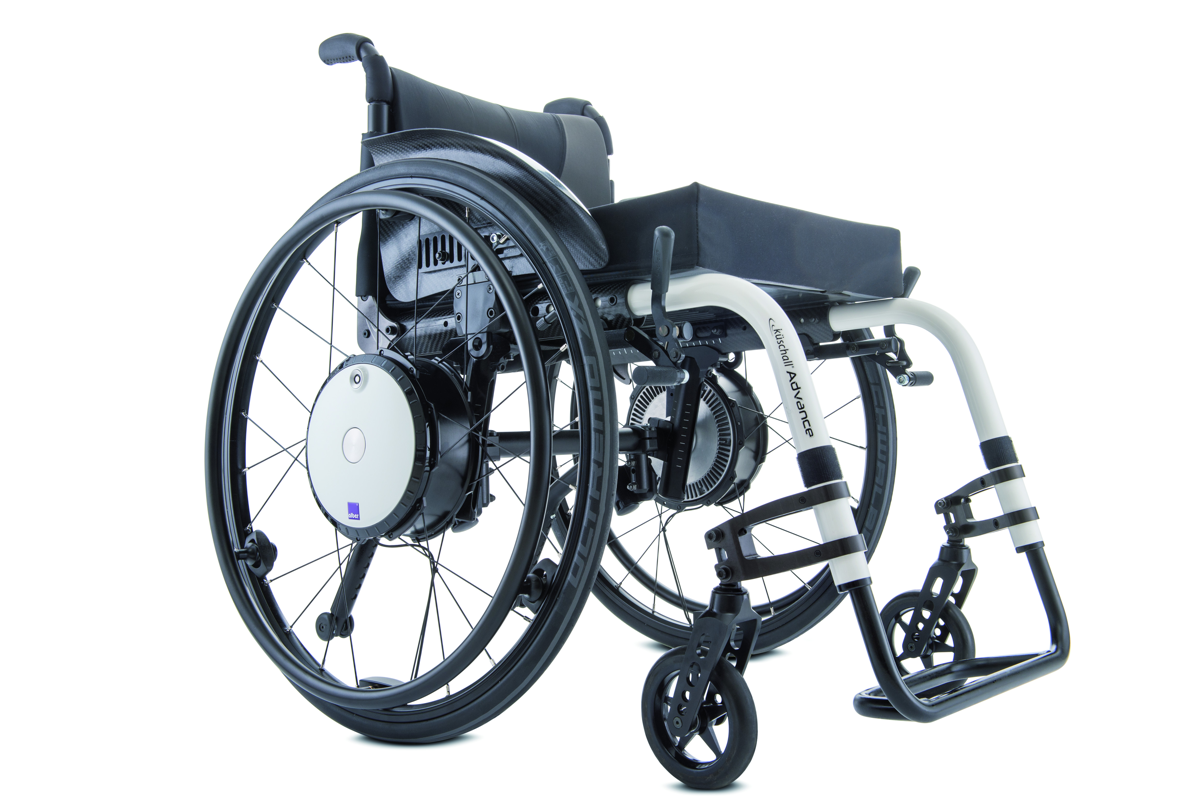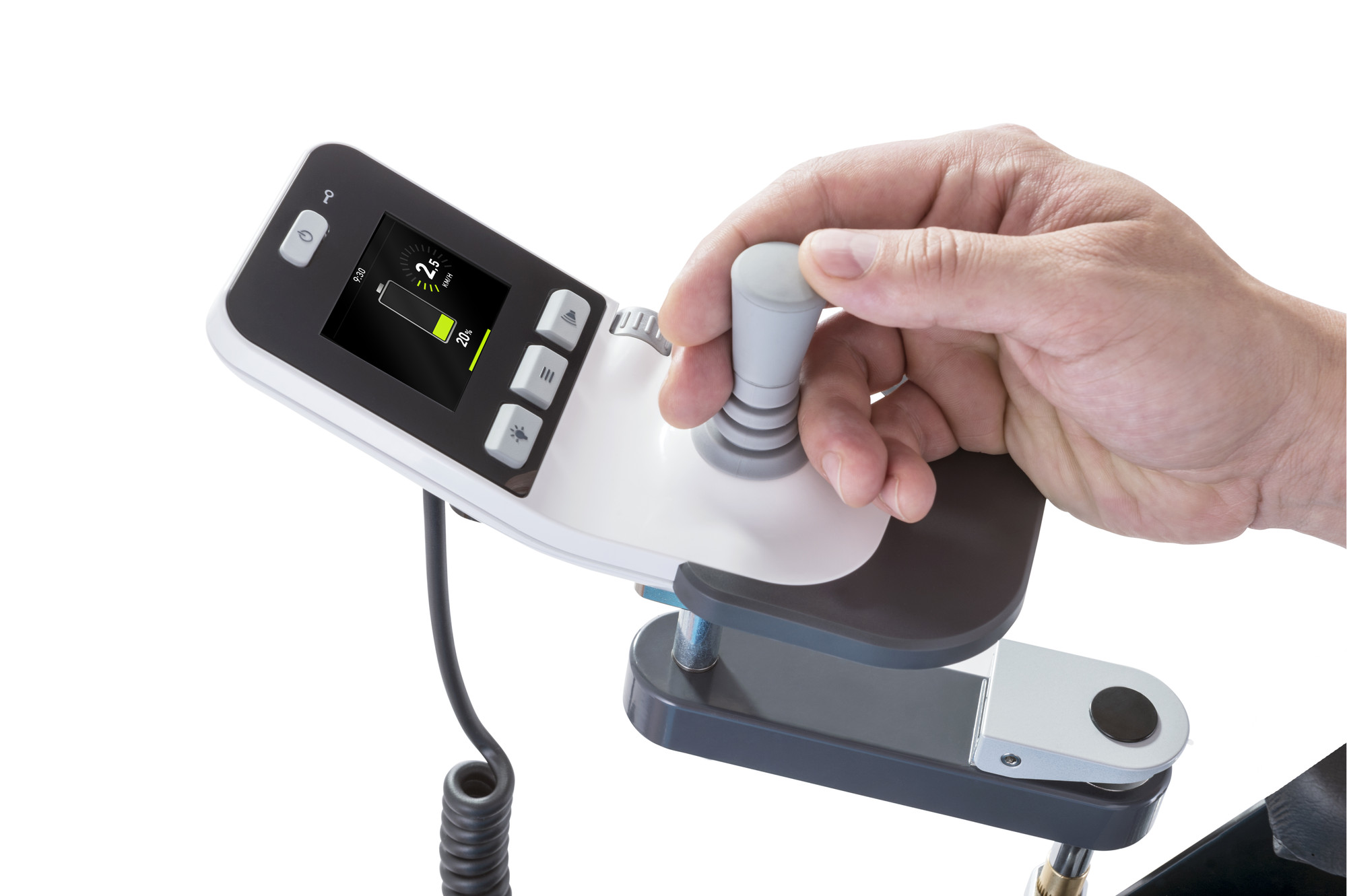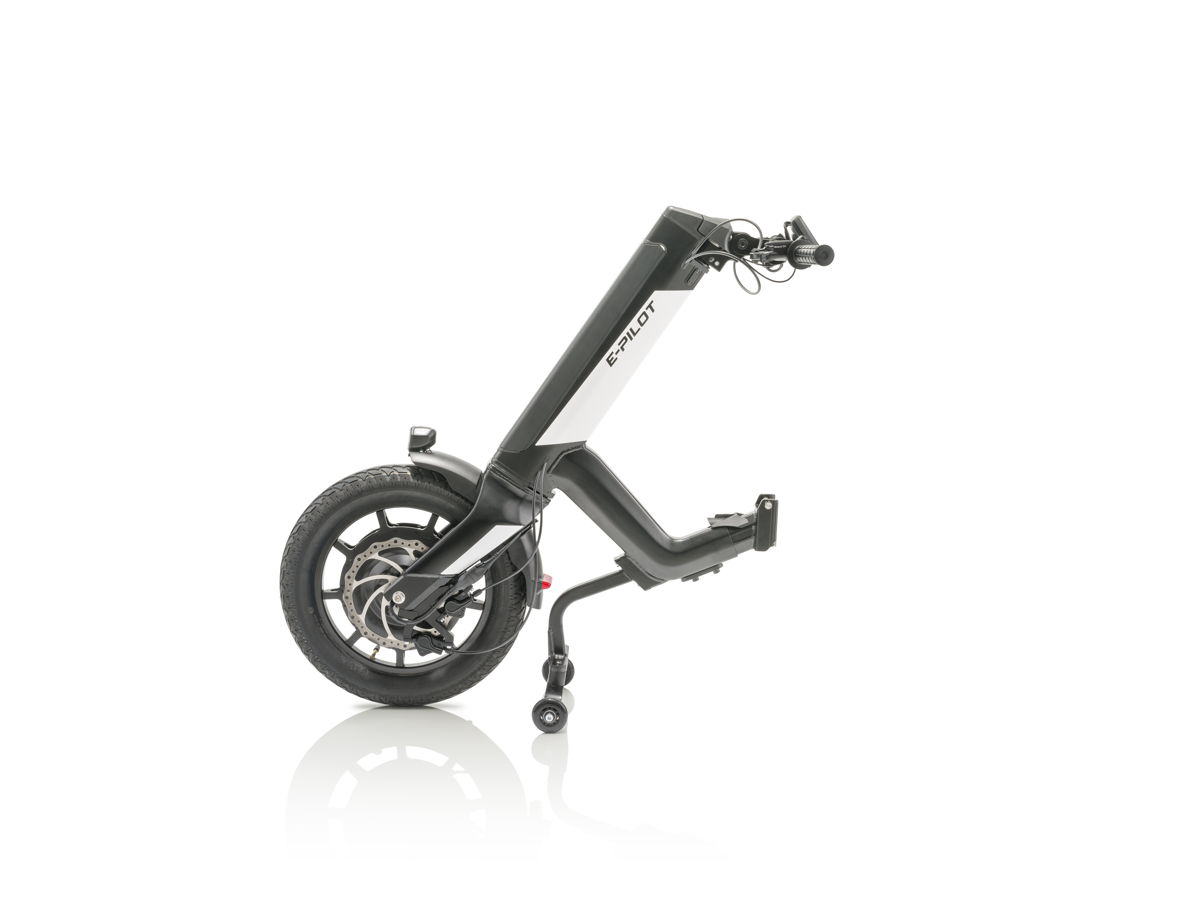Alber GmbH
Founded in 1986, the family-run company Hass & Alber Haustechnik turned its attention to developing stair-climbing aids. The first model, the scalamobil S10, was launched in 1988. Even back then, the product’s compatibility with all standard wheelchairs set it apart from the crowd. In 1991 the company started focusing on electric wheelchair drives as well. After being sold to SME holding company Domus Healthcare in 1995, the firm produced a succession of new drives, most of them intended to provide support for wheelchair users with an active lifestyle. Since 2004, Alber GmbH has been part of US company Invacare, but still operates on a largely independent basis. Alber currently employs approximately 300 people.
Alber GmbH
Vor dem Weißen Stein 21
D-72461 Albstadt
www.alber.de
Alber GmbH
Vor dem Weißen Stein 21
D-72461 Albstadt
www.alber.de
Designbüros
Alber arbeitet seit Jahren mit drei externen Designbüros zusammen. Kontinuität ist dem Unternehmen wichtig, um den durchweg sehr speziellen Anforderungen an die Produkte gerecht zu werden. Das verlangt vom Designpartner intensives Wissen um die Zielgruppen und deren Einschränkungen – Wissen, das sehr stark erfahrungsbasiert generiert werden muss.
www.updesignstudio.de
www.design-gen.de
www.einmaleins.net
www.updesignstudio.de
www.design-gen.de
www.einmaleins.net




